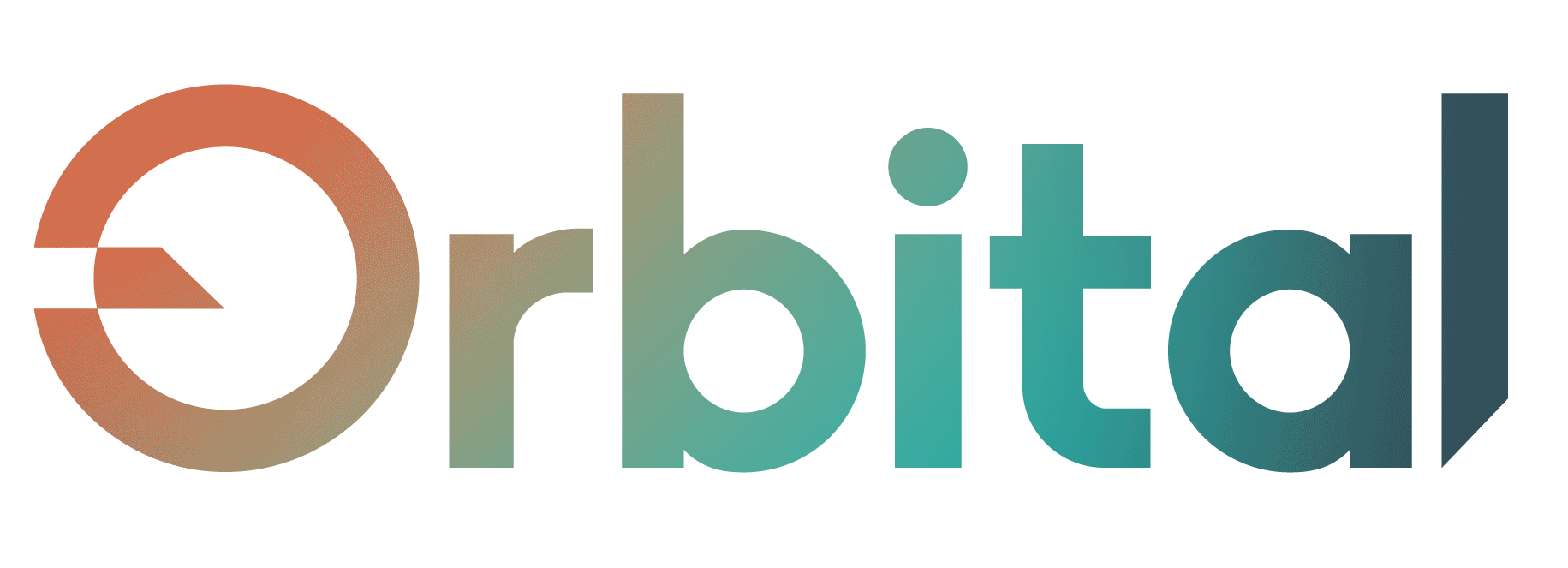Develop apps more quickly and cheaply than using conventional tech stacks.

Develop apps more quickly and cheaply than using conventional tech stacks.
The Orbital SDK is a Software Development Kit that facilitates the creation of technological solutions for a wide range of problems and opportunities in both commercial and social contexts.
“Out-of-the-box”, it comprises:
The whole solution is distributed for maximum security, robustness and convenience.
An account exists on the network as a public/private key pair.
The public key is used to generate a public address, representing the account holder or user. The account holder can be a person or an entity of any kind.
The private key is used to “sign transactions, proving that they are authentic.
Tokens represent any real-world object that is fungible, like money, commodities and loyalty points.
Any account can create tokens and they can be described in infinite detail using metadata.
Tokens also have attributes that determine any restrictions on which accounts can hold them (blacklisting and whitelisting) and myriad different ways of charging fees for their use in transactions.
There are limitless combinations of tokens, assets and accounts that can be party to a single transaction, programmed to execute according to predetermined rules of fulfilment (payment and possession).
The result is a super form of digital escrow permitting the development of next generation logistics solutions that reconcile payment and fulfilment automatically and in real time.
A full, immutable, auditable history of the entire transaction lifecycle is recorded on the ledger, including the entire history (provenance) of the asset.
There are limitless combinations of tokens, assets and accounts that can be party to a single transaction, programmed to execute according to predetermined rules of fulfilment (payment and possession).
The result is a super form of digital escrow permitting the development of next generation logistics solutions that reconcile payment and fulfilment automatically and in real time.
A full, immutable, auditable history of the entire transaction lifecycle is recorded on the ledger, including the entire history (provenance) of the asset.
2. Both parties are happy to contract because the money is in escrow.
3. Micky, the delivery driver, collects the pizza (takes possession of the asset).
4. When Alice accepts the pizza, the transaction is completed through the release of the money token to Bob.
5. As part of the contract, the share of the revenue representing the delivery fee is automatically distributed to Micky.
6. If the pizza is not delivered, Alice gets her money back automatically and if it was Micky’s fault, Bob can prove it!